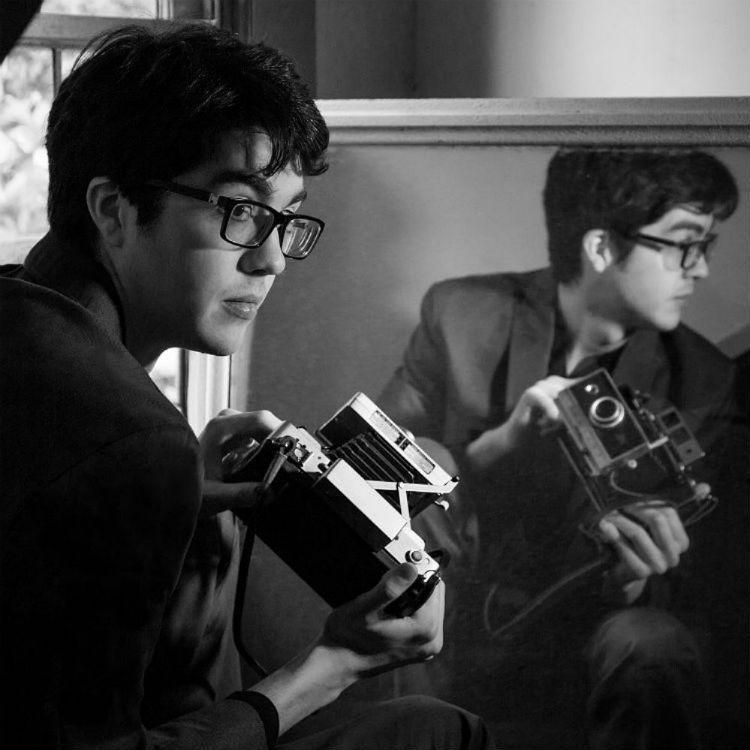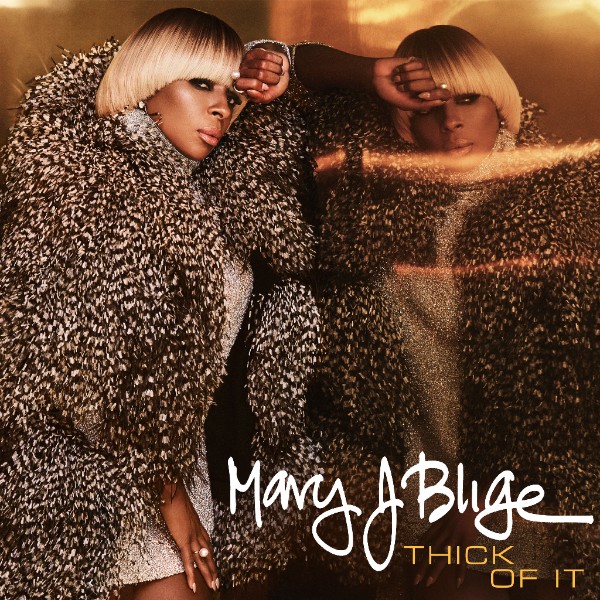While talking to The Low Anthem’s Ben Knox Miller about stunning album of the year contender, Eyeland, I am drawn to a part of the conversation that goes way off topic. He tells me the ways in which he and other artist friends are able to engage in rational dialogue with their mayor, Jorge Elorza, about the future of their lifestyle in the city of Providence, Rhode Island.
Threatened by developers wanting to make luxury apartments where the old mill buildings stand - which are the equivalent to London’s warehouse communities - their mayor recognises the value that the creative scene brings to a town, and is out to protect it.
"He's taken tours of the studios and recording facilities and legitimised them," says Miller who is talking to Gigwise over Skype. "It resonates with him that the arts is something that's already happening."
Contrast this revelation to the attitude of London’s elite where the Conservative government has allowed places that were hotbeds of creativity, to isolate the very people who made them ‘cool’ of ‘funky’ places to live in the first place. Our government have allowed A collapse of new social housing construction, and the sale of hundreds of thousands more social flats under right-to-buy making inner areas that were once hotbeds of off-the-beaten-track arts scenes. Places like Dalston, Brixton, and Peckham, are becoming homogenised and expensive. Luxury flats, small batch coffee shops, cocktail bars, Foxtons, and gastro pubs are becoming the symbolic indicator for the sobering reality that the city is becoming exclusive and hostile financially for anyone looking to pursue the creative arts.

Admittedly, in a bid to resuscitate what's gone, Sadiq Khan has now vowed to pass legislation to protect venues from housing development to keep London's night life alive after the Fabric blunder. But there's no dialogue as to what will happen to, the already astronomical, cost of rent in houses around the venues. These historic live venues will be protected to cater for the the rich can gather around sipping five pound plastic cups of vaguely fizzy, flowery ales - while touring bands flutter in and out. Increasingly, there’s a lack of a home-grown creative scene in this capital. Rent stabilisation years ago would have saved this.
In general, the attitudes of those in council and in government continually fail to recognise the voice of the underground with much sincerity. The last bohemian strongholds exist in a state of perpetual anxiety. Similarly, subsidies for arts courses have been completely slashed. Meaning the opportunity to be creative, subversive, and educated with the critical discourses to challenge the status quo, is conveniently squashed by those in power.
The Low Anthem’s Ben Miller, meanwhile, explains how the people of Providence started on their path to gaining slightly more stability to avoid such pitfalls that London’s gone and is going through on the housing side. There’s no rent cap as such, but the mill buildings where people “live basically for free” are respected by the mayor. The kind of dialogues Miller proceeds to tell me sound like Providence has its eye on the ball in a sustainable future for the arts and social conditions artists live in. It’s an eye opening example to London’s increasingly organised anti-gentrification movements.
“Well, we actually ended up running an underground campaign amongst the arts community to get this new mayor elected,” says Miller. "The campaign was important as the alternative Buddy Cianci (now deceased) was a crook. He had been in jail twice, once for raconteuring. He was running the city hall like a mob boss or something."
So what exactly did Elorza offer differently? “There are these mill buildings as far as the eye can see where artist live really cheap and there have been a couple of development projects for high-end condos that have come through there and Elorza’s come to us and asked us to put a list of representatives to be part of the dialogue about what’s good for the city,” he says.
It’s understandable why Elorza looks up to Miller for his opinion. Miller with his band The Low Anthem has had international success after being signed to Bella Union in the UK and Nonesuch Records in the US and since being dropped by the labels after indulging in a maverick four-year creative detour - forgetting the mechanics of the music industry behind – to make his album Eyeland in an abandoned 1920s theatre and has produced over 30 records of other artists there in the last four years. He’s created his most unique, powerful and imaginative work to date as a result. He's also used a former pasta factory to create an album.

One of the best ways he’s helping inform the mayor is by looking out for what matters to keep the creative lifestyle sustainable. In an attack on a large-scale showcase for our arts and culture that will be Providence’s cultural calling card in the way that South by Southwest was Austin’s, Miller recognises that it's glossy events like this that, at surface value, may seem to be on the side of the artist, but the rising prices brought about through the trendy reputation that comes with it start to kill the very thing that's beautiful in the first place: a vibrant grassroots arts scene.
“If the Mayor wants to hold the mantle of the arts to celebrate Providence we need to help him understand what that means to people who are trying to make a living and make art which tends to be other things like education and just decent quality of life issues, social justice issues.” “It's not making the city look good and getting some grant money that gets funneled through non-profit that has nothing to do with the way living artists experience Providence,” he says.
While dialogue has begun there’s no doubt that existing in a world driven by profit it’s difficult for Providence to be shaded completely from the effects of wanting to compete on the world stage. But his personable approach to the Mayor has done something that appears to be building a protective fence against the threat of rising house prices and big developments - at least in the arts world - giving them hope of a more sustainable future. “He’s taken tours of a lot of the recording facilities. He’s seen our studio, he went and saw the studio of Brian Chippendale, the Lightning Bolt drummer who is a local hero who has been living in the mill lifestyle for decades but also chased out as new building owners come in and out.”
“The mayor has come to a lot of these underground arts organisations and legitimised them or given sense of their meaning, it resonates with him that the arts scene is already happening here it’s not something you need to put money into and get a grant that comes from the top down.”
These are encouraging dialogues that seem more community-based in their approach to governing. Those in power listening to the people who’ve made Providence an intriguing ‘hip’ place so far and respecting them to remain part of its future is far more sustainable for the integrity of the city. Through the vigilance of people like Miller and the open mind of Elorta, Providence hopefully won’t be a museum of a lifestyle of what was cool. Hopefully tourists won’t stroll its pavements going:: ‘apparently there used to be really cool gigs in that buildings but now there’s just an estate agents,’ as they sip on their three pound flat white.
The Low Anthem will play the following venues around the UK in November. For more ticket informaiton click here
8 November - London, Heaven
9 November - Brighton, Komedia
10 November - Nottingham, Rescue Rooms
11 November - Manchester, Gorilla
12 November - Edinburgh, Electric Circus
13 November - Birmingham, Hare and Hounds
14 November - Oxford, Academy 2
15 November - Bristol, Thekla
17 November - Norwich, Open
18 November - Liverpool, Leaf Cafe
19 November - Sheffield, Queens Social Club
20 November - Leeds, Brudenell Social Club
21 November - Belfast, Empire Music Hall





















